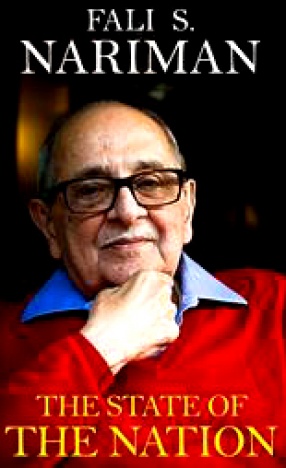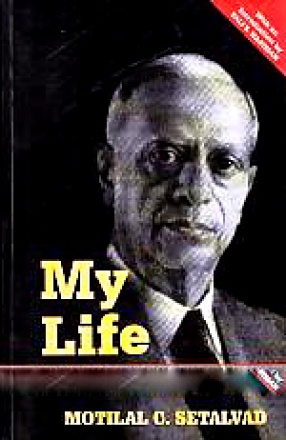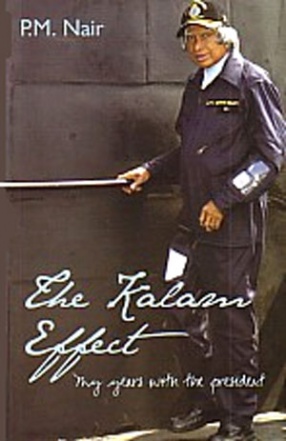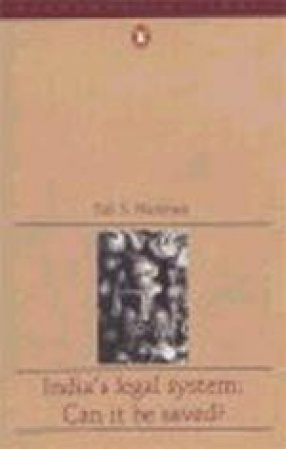
Showing all 6 books




This book presents a definitive, analytical and candid account of the present state of the Indian nation, in the context of her constitution. Mainly focusing on the tidal wave of corruption that has engulfed virtually all institutions of the state and almost all aspects of governance, it analyses why the elected representatives have failed in providing for the welfare of the people.
It also discusses at length the concept of the Indian nation, India’s ...


In this book, P.M. Nair narrates the experiences of his days with President APJ Abdul Kalam as his Secretary from July 2002 to July 2007. Providing new insight into the myriad facets of Dr. Kalam’s personality, he describes how the President dealt with some difficult decisions such as Bihar Assembly Dissolution Bill, the Office of Profit Bill, and the mercy petition of Afzal Guru. The book also highlights Kalam’s concern for rural development, his ...


The relationship of the judiciary, the political establishment, the mass media and the public is vital to the healthy functioning of any democracy. In recent years in our country, these relationships have become highly tense, conflictual, problematic and controversial. Many of these conflicts have revolved around axes of contempt of court and privileges of the legislatures and also in relation to the press and other mass media. The contributions to this book ...

There are over eight lakh practising lawyers in India--after the United States, our country has the second largest legal profession in the world. But how are lawyers and the judicial system in India perceived today? It is no secret that the very thought of facing the courts in India leaves the common man with a sense of dread and despair; cases drag on interminably, and justice sometimes seems like an afterthought. Who or what is responsible for this situation? ...
